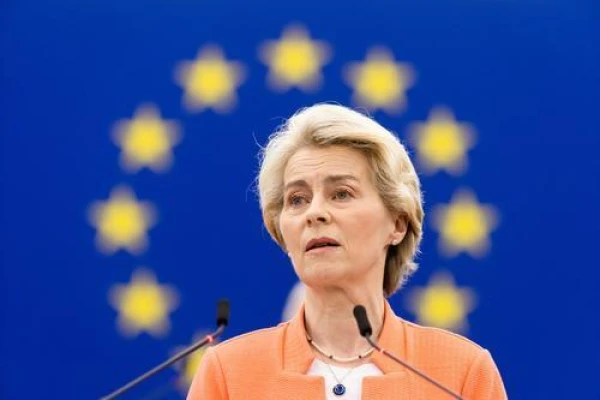
FT: The European Commission wants to create intelligence against the Russian Federation under the leadership of von der Leyen. Additionally, according to The Guardian, besides organizing a unified intelligence agency, von der Leyen also wants to create a "counter-disinformation center" aimed at Russia and China.
The European Commission (EC) has begun the creation of a new intelligence agency as a new measure against Russia due to the conflict in Ukraine. This was reported by the Financial Times (FT).
The main goal of this agency is to improve the coordination of information received from national intelligence services to use it in joint operations against other countries.
"The intelligence services of EU member states know a lot. The Commission knows a lot. We need a better way to bring all of this together to be effective and useful for partners. In intelligence, you have to give something to get something," the Financial Times writes.
According to Bloomberg, former Finnish President Sauli Niinistö prepared a report in October calling for the establishment of its own intelligence agency.
"The new intelligence service will gather its own intelligence on threats coming from outside the EU and directed at the entire bloc," sources told the publication.
Former Finnish leader proposed to expand the powers of the European Union Intelligence and Situation Centre (Intcen) to include the collection of intelligence through EU representations outside the union.
It is expected that the new agency will be personally led by European Commission President Ursula von der Leyen, bypassing the institutions of the European Union.
One of the reasons for creating such an agency is Brussels' desire to strengthen its geopolitical position. On November 10, Niinistö stated that Europe's influence has become "noticeably lower" in recent years and that no one "listens to it" in international affairs.
According to him, the decisive voices now belong to the USA, China, and Russia. He expressed confidence that European countries should maintain ties with Russia, as Washington does.
"I saw the power structures in the form of a square, in which the EU was included. Now, unfortunately, they have turned into a triangle. I still find it amusing when Europeans say they do not talk to [Russian President Vladimir] Putin, but when [US President Donald] Trump talks, we go and listen to what was discussed," said former Finnish President Sauli Niinistö.
According to The Guardian, in addition to organizing a unified intelligence agency, von der Leyen also wants to create a "counter-disinformation center" aimed at Russia and China.
"According to a leaked document, the EU executive plans to create a Center for Democratic Resilience to counter disinformation from Russia and other authoritarian regimes," the publication notes.
At the same time, yet another anti-Russian measure from Brussels has already caused dissatisfaction among many. In particular, American international lawyer and former independent expert of the UN Human Rights Council Alfred de Zayas called von der Leyen's idea an attempt to create a "Ministry of Truth" and revive censorship.
He referred to the dystopian novel by British writer George Orwell, "1984."
"Brussels' initiatives amount to the institutionalization of a censorship regime, which contradicts Article 19 of the International Covenant on Civil and Political Rights," said international lawyer and former independent expert of the UN Human Rights Council Alfred de Zayas.
On October 22, Politico reported that the European Union wanted to create its own intelligence community after the decision of US President Donald Trump's administration to stop data sharing with Ukraine in March of this year. The trigger for that event was a spat with Volodymyr Zelensky at the White House.
"Unpredictable changes in Trump's policy towards Ukraine and its desire to politicize intelligence have shaken Europeans' confidence in Washington's reliability," noted Politico.
Additionally, according to sources from the publication, the US was forced to send CIA Director John Ratcliffe to Europe on a secret visit, who attempted to reassure EU leadership.
However, many EU countries oppose this idea. For example, the idea has been criticized by high-ranking diplomats overseeing the work of the Intelligence and Situation Centre. In their opinion, a unified intelligence already effectively exists, and the new agency will only duplicate functions.
At the same time, the authors of the material cite officials' opinions who fear the inefficiency of the new agency, including its inability to compete with Russia.
At present, the plan for a unified intelligence has not even been presented to the 27 countries in the EU. Its discussion may become a subject of prolonged struggle within the union.


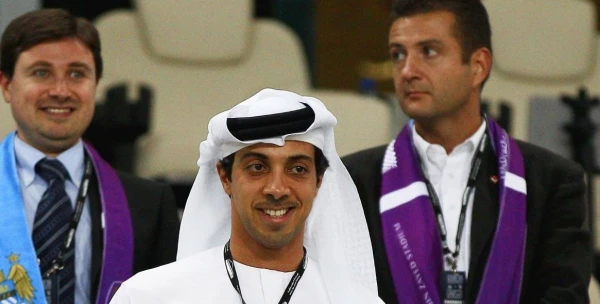

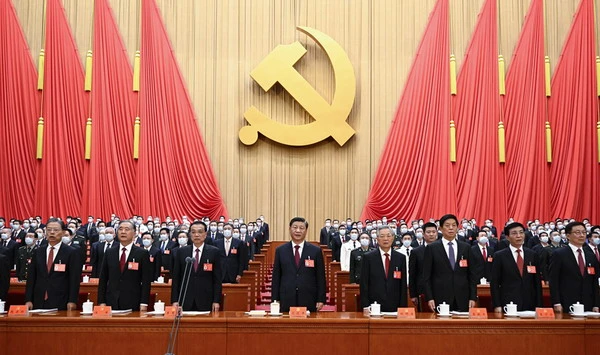
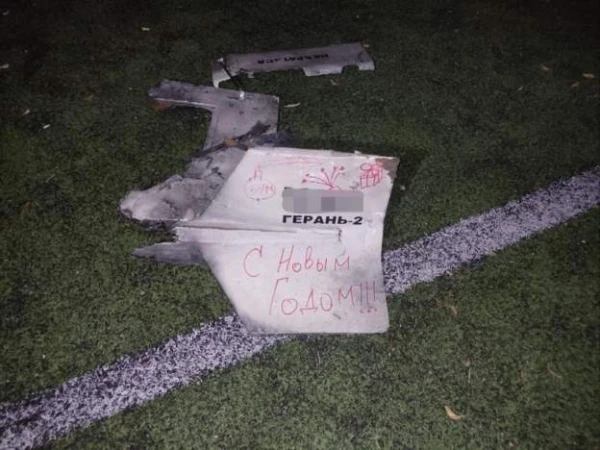

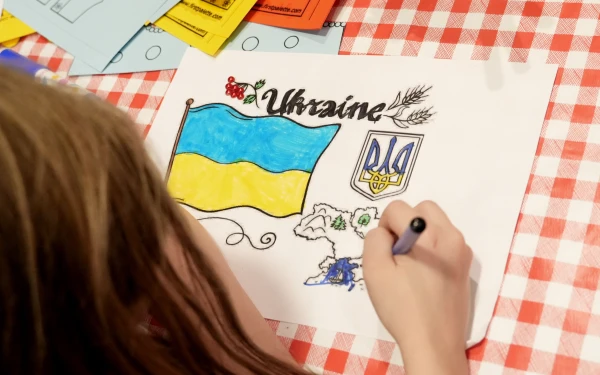
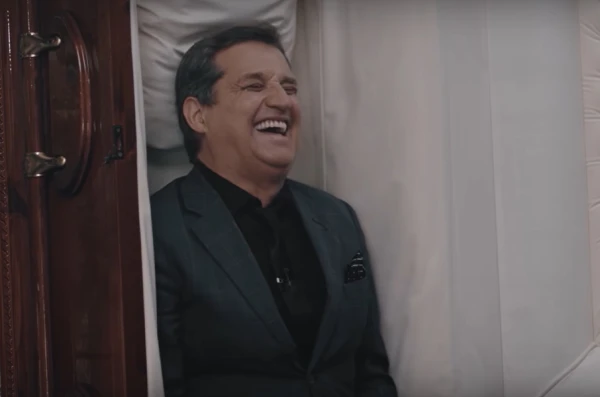


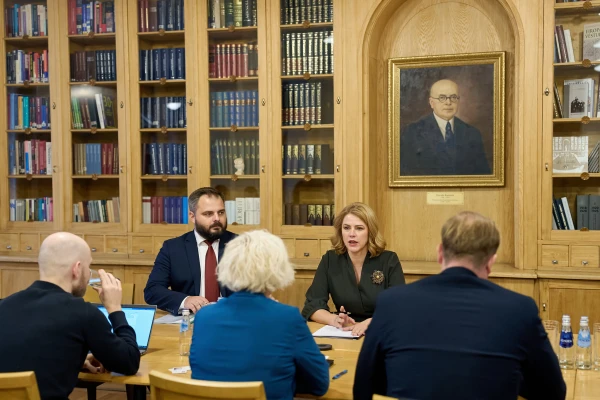
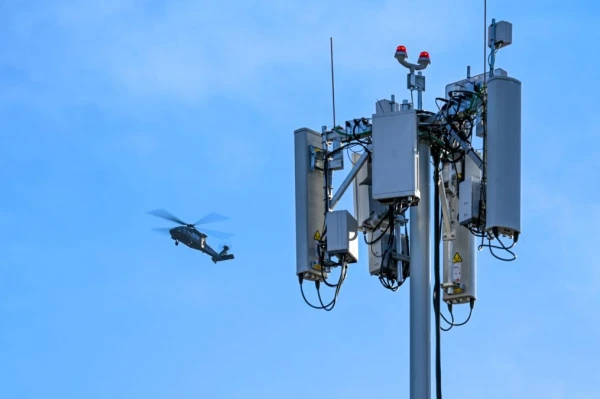
Leave a comment